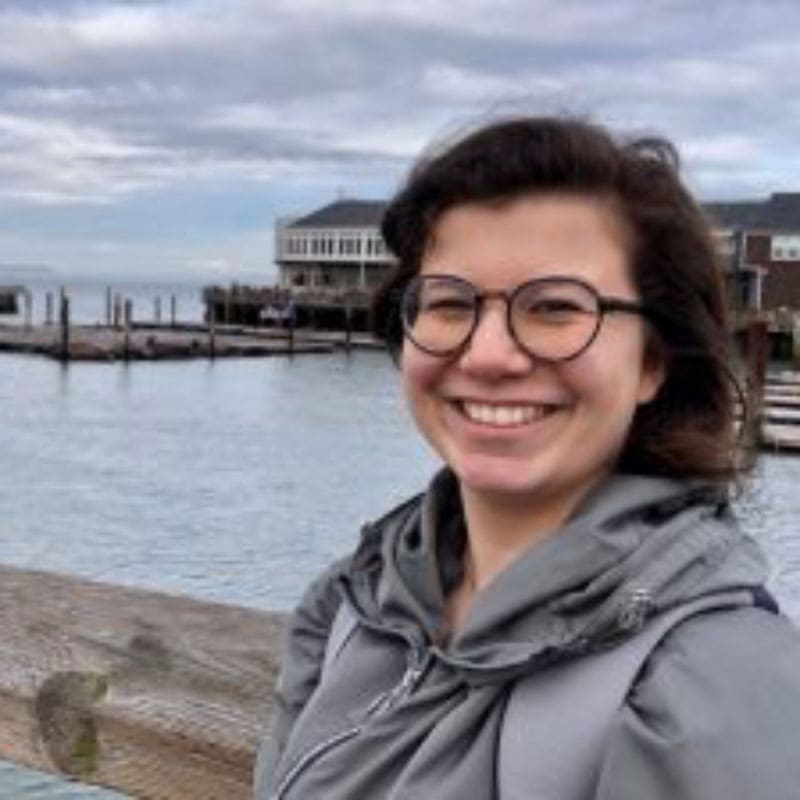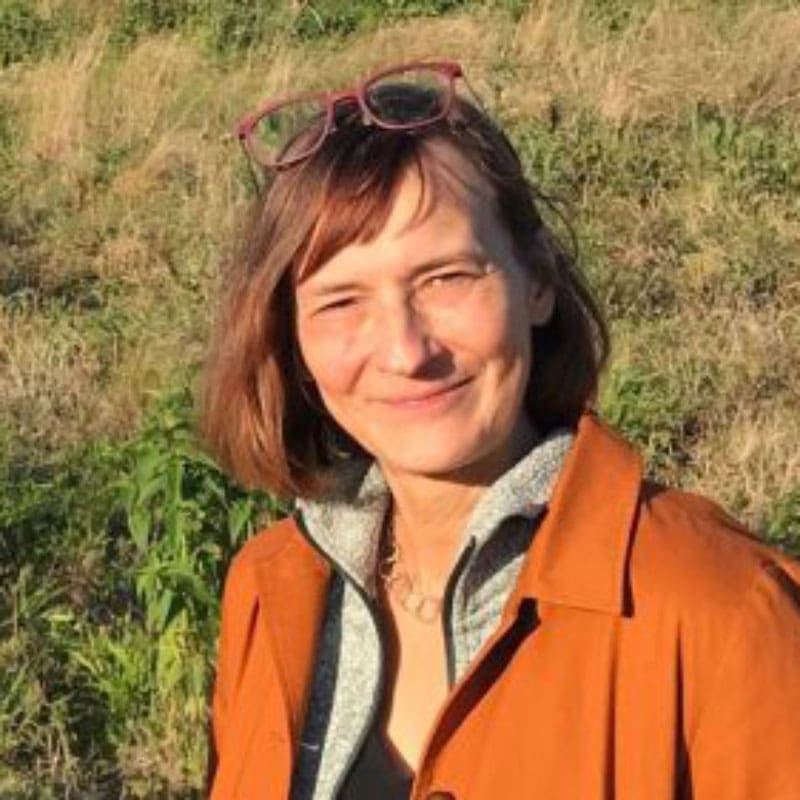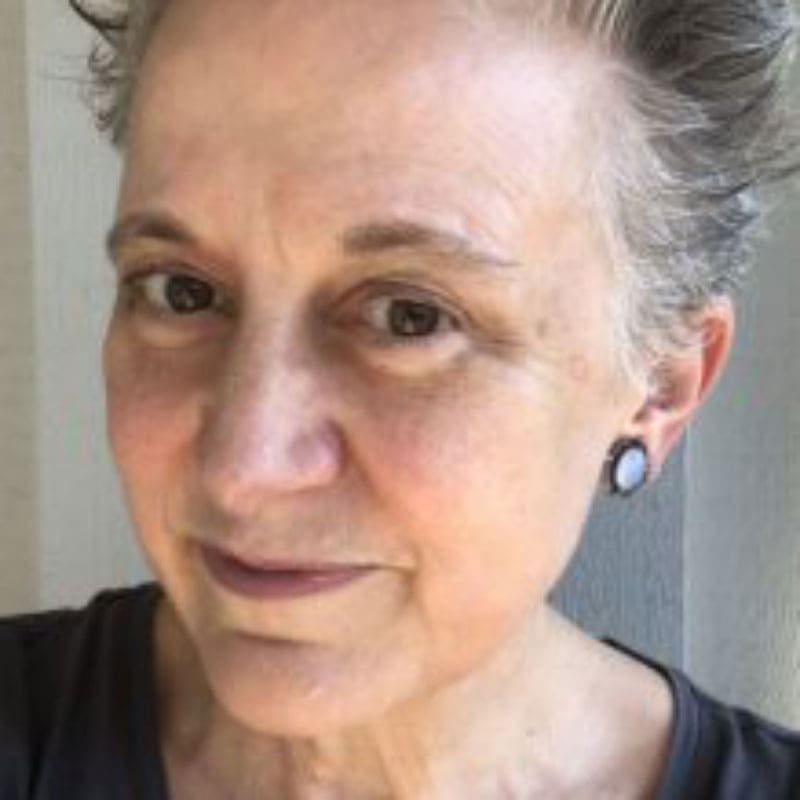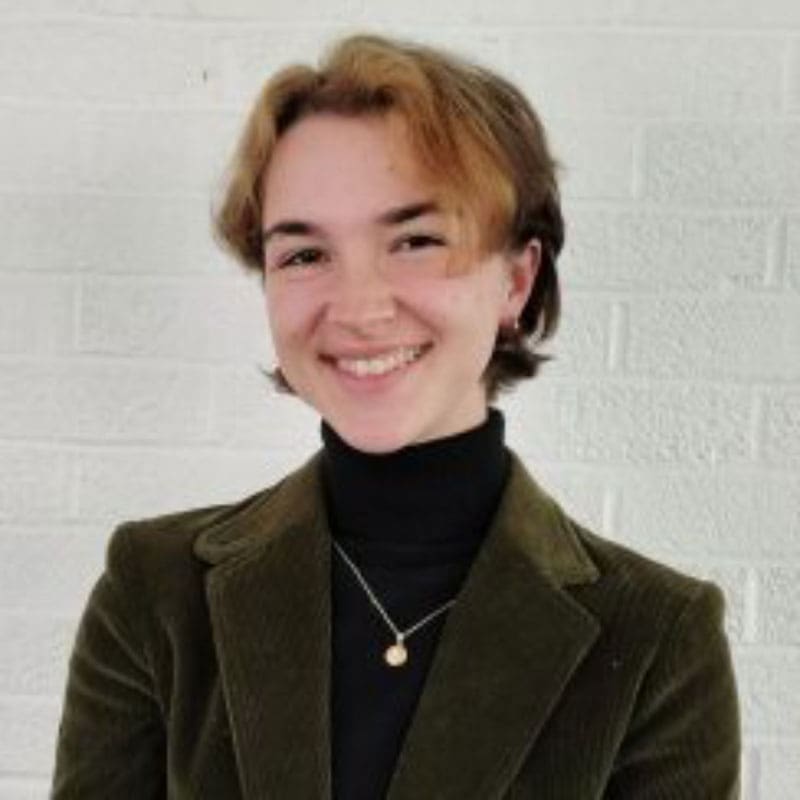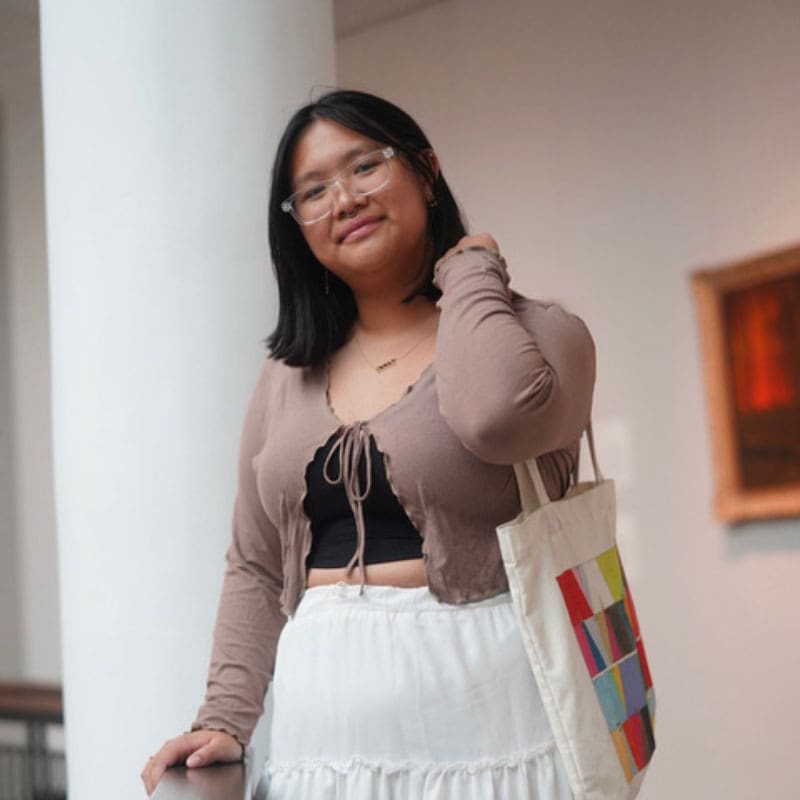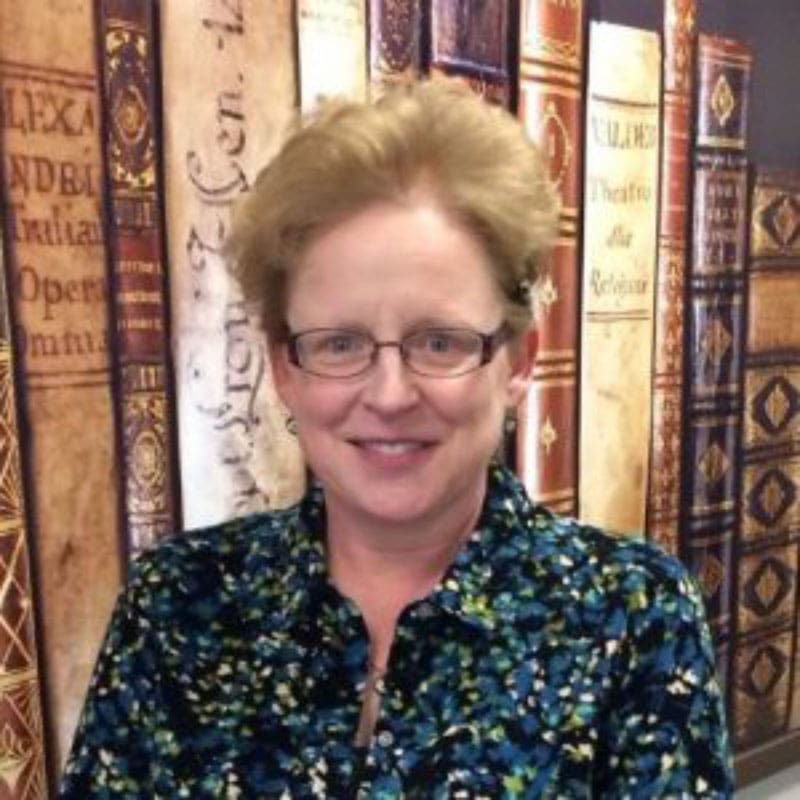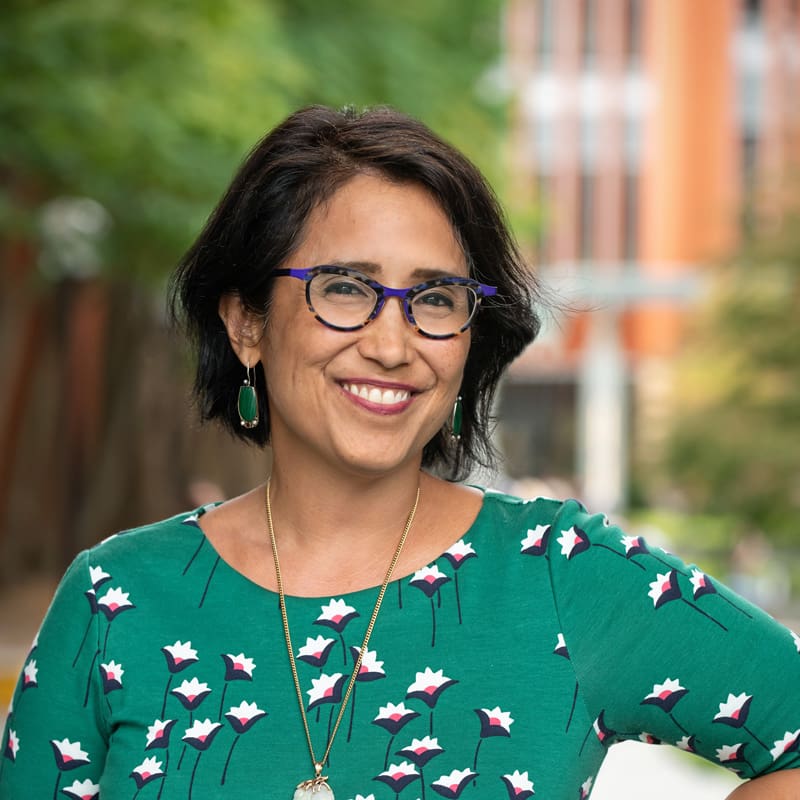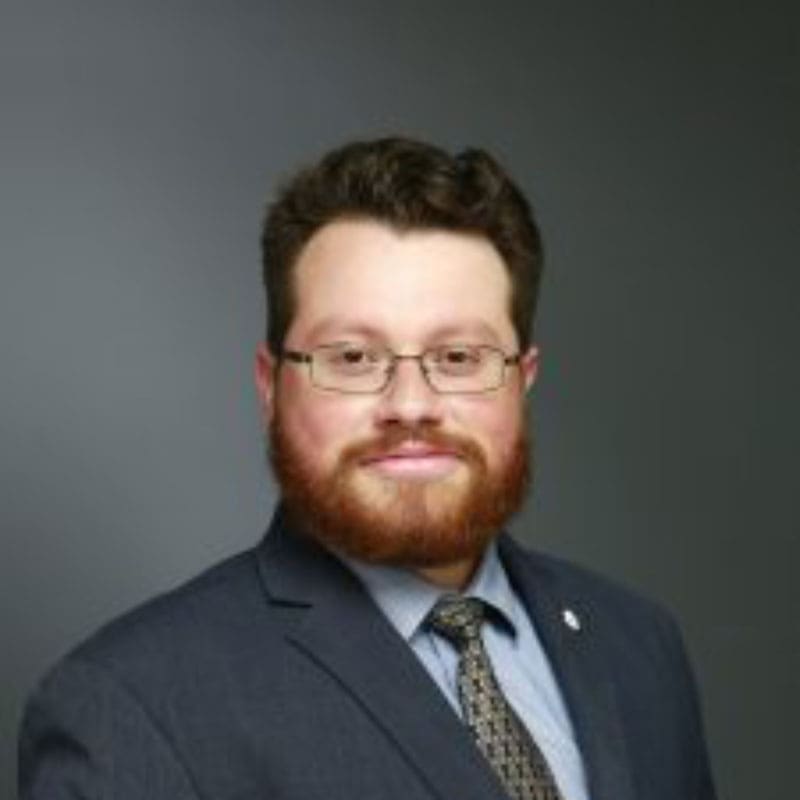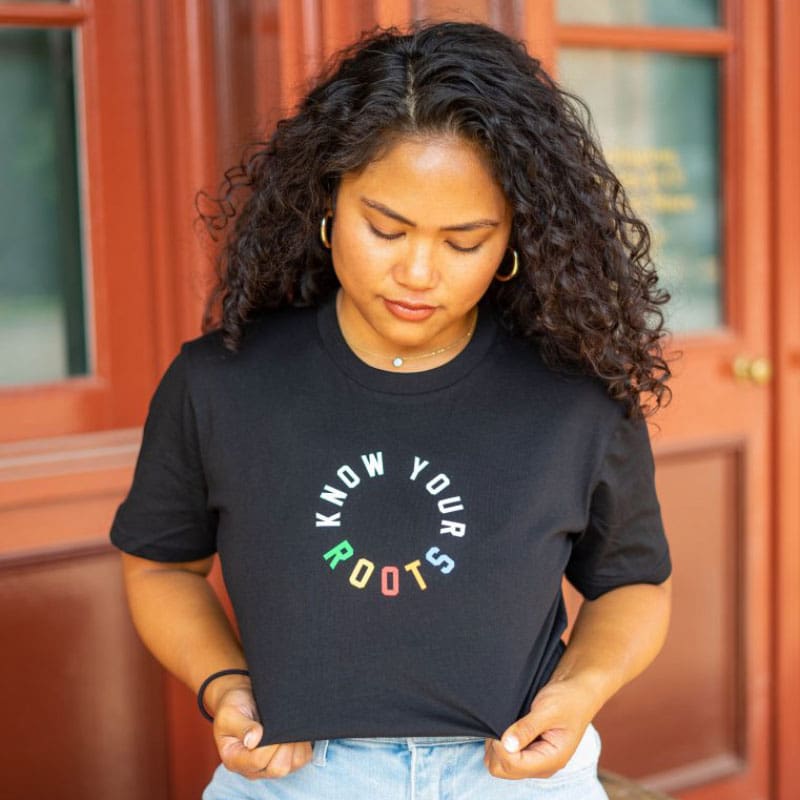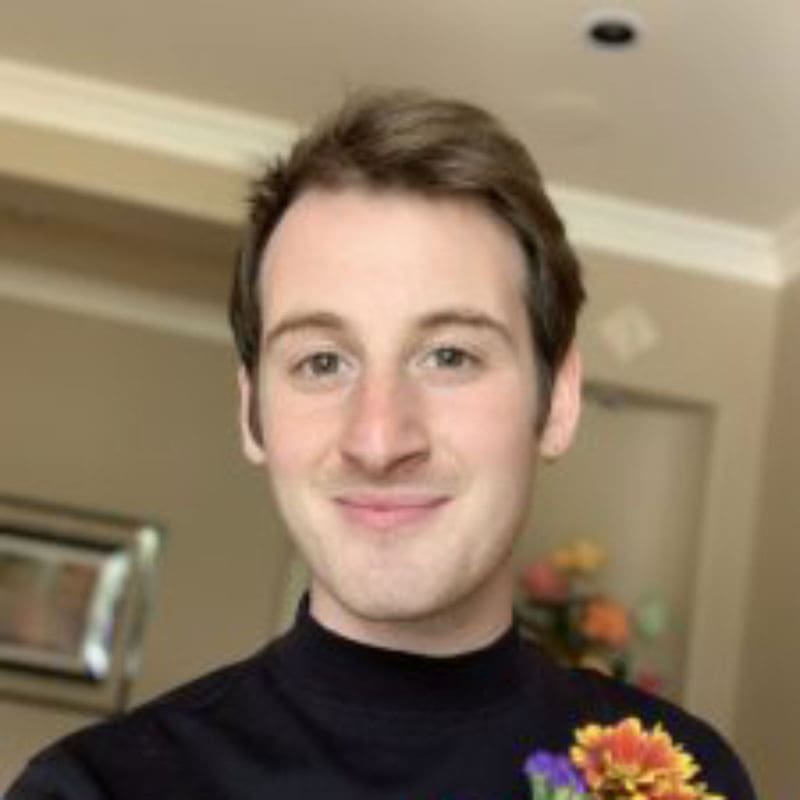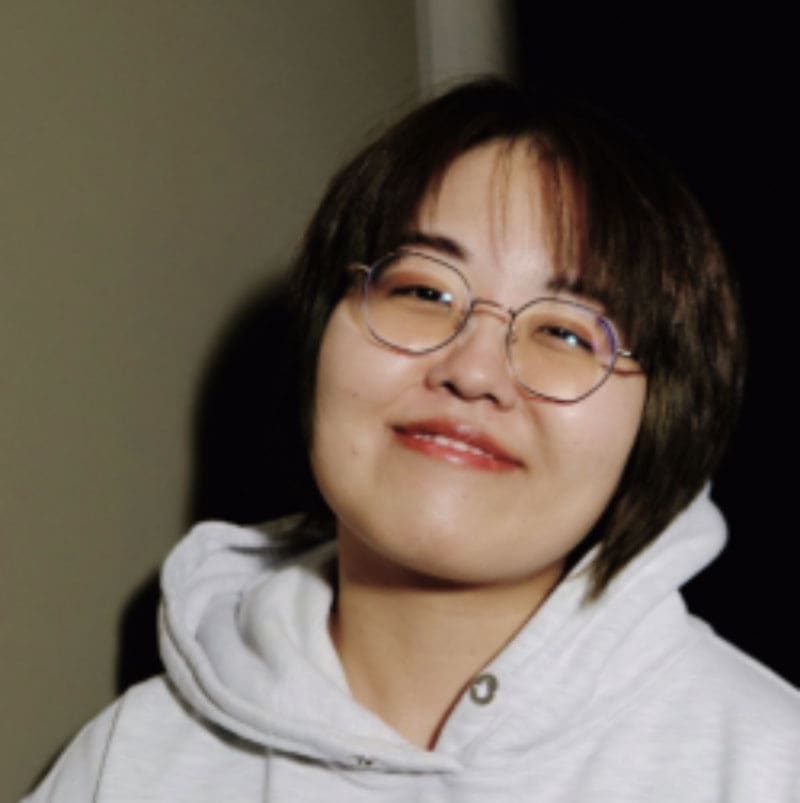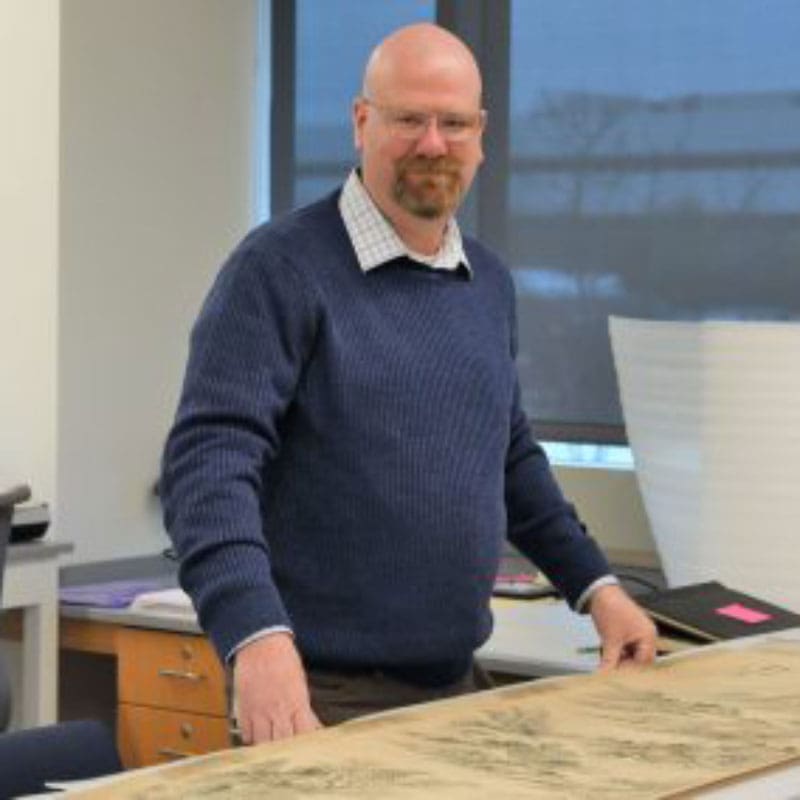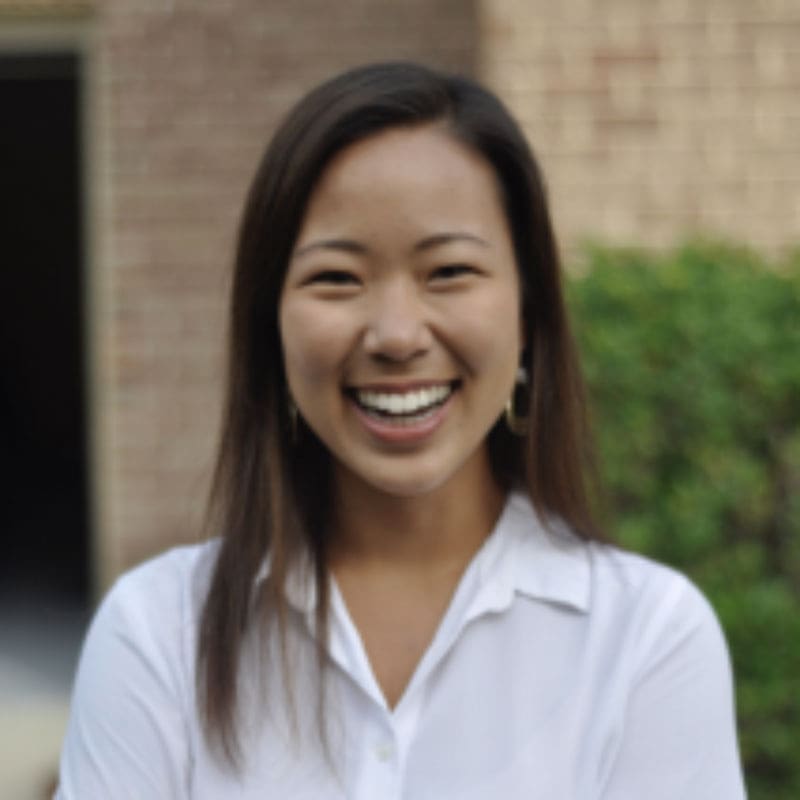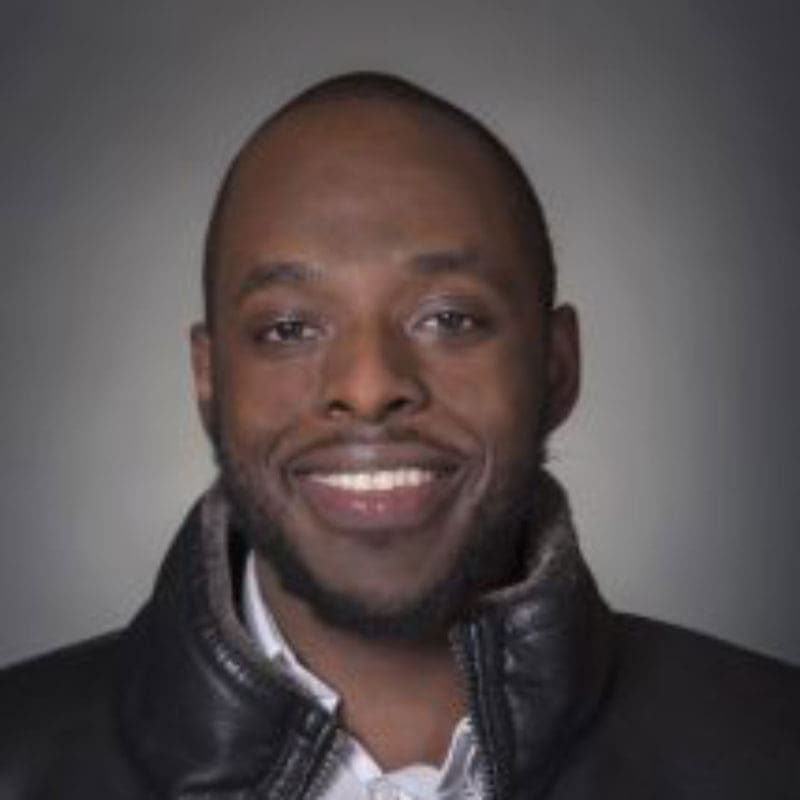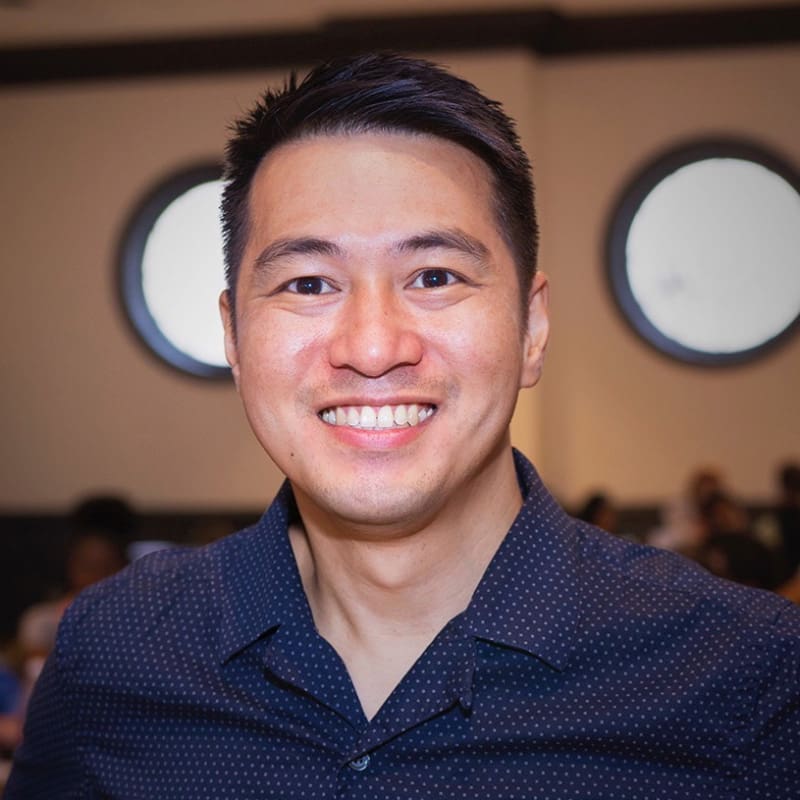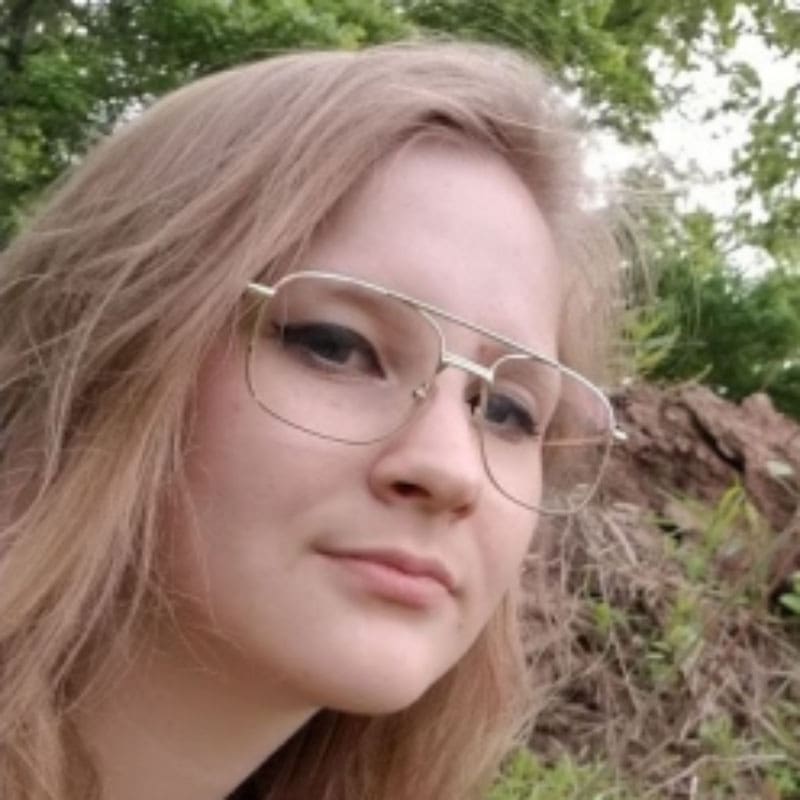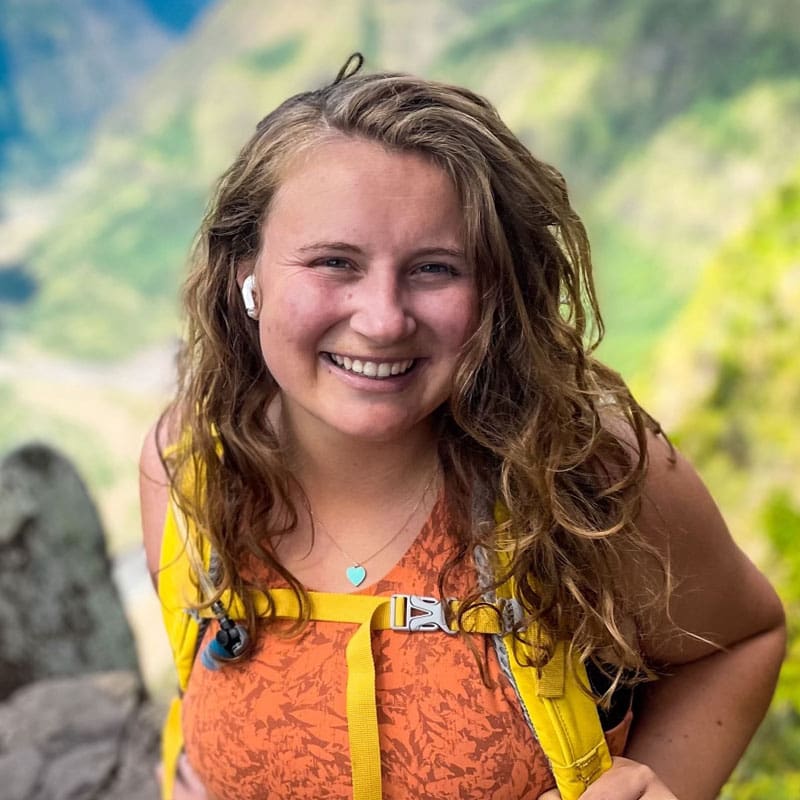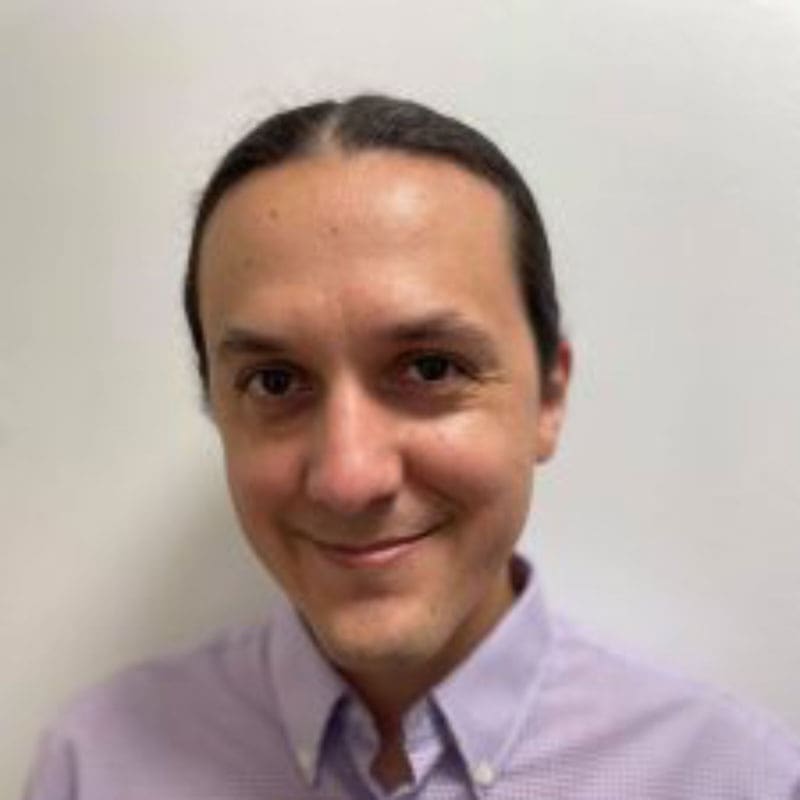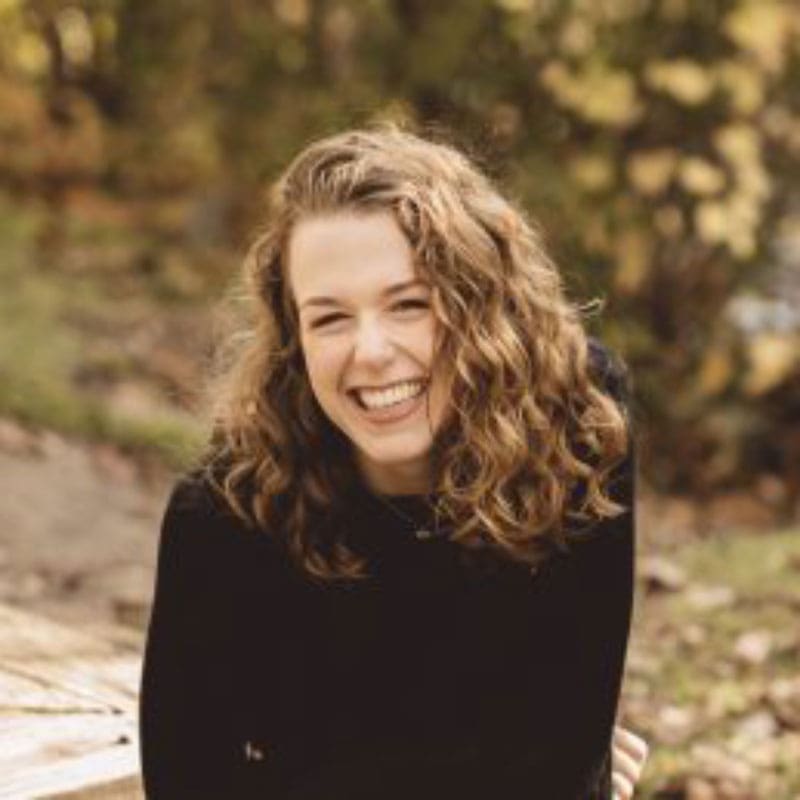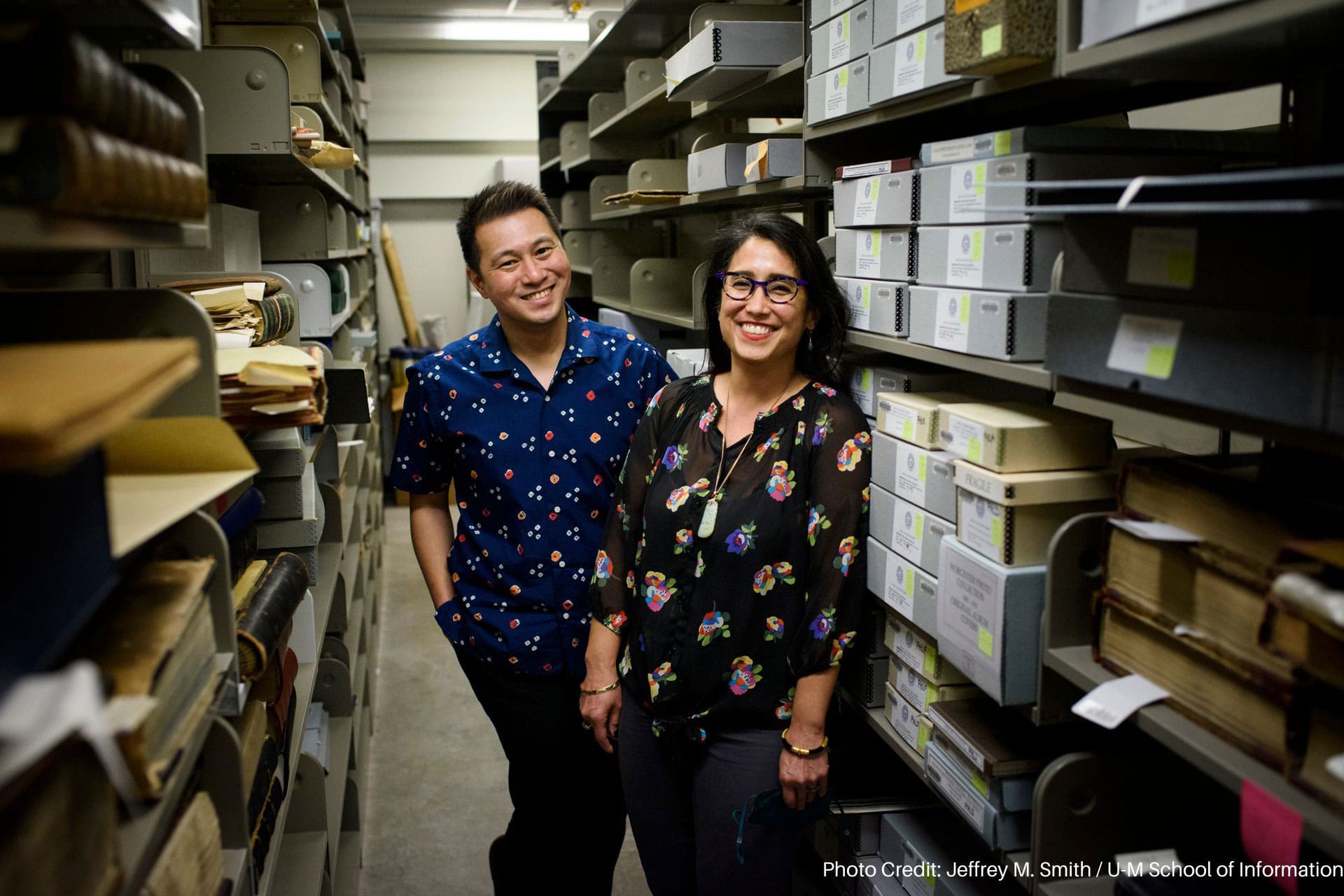Dr. Kerstin Barndt, Associate Professor of German Studies, is a museum and literary scholar who studies the history of museums and exhibition culture in Europe and globally. She engages with exhibitions across museum genres to analyze their narratives, collection histories, memory politics, and changing place within society. Barndt is the co-editor of Museums, Narratives, and Critical Histories. Narrating the Past for Present and Future and currently at work on Museums in Ruins, a book that probes the intersections between the histories of ruins, museums, deindustrialization, and decolonization. From 2020-2023, Barndt directed the Museum Studies Program, where she brought ReConnect/ReCollect’s decolonial and reparative framework to bear on the program’s curriculum and programing. Barndt has also co-curated a number of exhibition projects in Berlin, Dresden, Grand Rapids, and Ann Arbor, where Object Lessons: Reconstructing Museum Histories at Michigan showed at the U-M Museum of Natural History in 2017.
At ReCollect/ReConnect, Barndt worked with the team on community outreach, programing, and the artist residencies.
